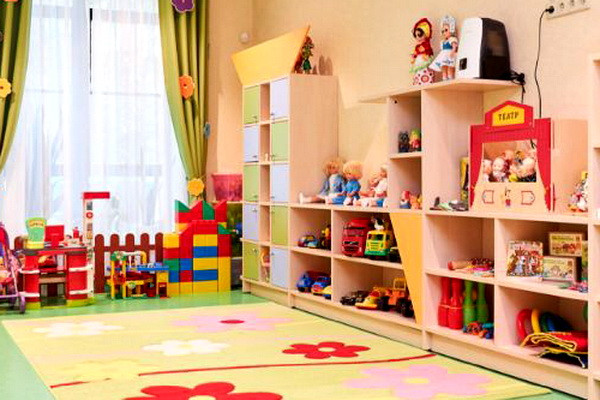
How does preschool education affect the health and mental development of children?
Tashkent, Uzbekistan (UzDaily.com) -- Experts from the Institute of Macroeconomic and Regional Research (IMRI) studied how preschool education affects the health and mental development of children in Uzbekistan.
In 2017-2022 in Uzbekistan, even though the share of children aged 1 to 6 years enrolled in preschool education has increased (from 17% in 2017 to 31.3% in 2022), in some regions (Samarkand - 27.7%, Surkhandarya - 22.7%, Kashkadarya - 18.7%) this figure still remains relatively low.
The share of children aged 3 to 6 years enrolled in preschool education increased from 25.4% to 68.3%. This figure significantly exceeds the global average (61%).
According to the Multi Indicator Cluster Survey (MICS) report for 2021-2022, in 2022, children under 5 years of age who were overweight accounted for less than 5% of the total number of children (5% for boys and 4% for girls).
The Multi-Indicator Cluster Survey (MICS) is a cluster survey conducted by UNICEF as part of a program to collect key indicators that are used to assess the situation of children and women.
Children with short stature make up 7% and children with low weight under 5 years old make up 2% of the total.
Based on the results of econometric analysis based on MICS data, conducted by IMRI experts, the following results were identified:
Children who participate in preschool education are on average 1.83 cm taller and 0.65 kg heavier than those who do not participate;
Analysis of the Body Mass Index showed that children enrolled in preschool education are 1% less likely to be underweight compared to their age;
Enrollment in early childhood education also affects children’s mental and emotional health, including:
- promotes the development of counting skills up to 10 in children from 19.9% to 21.4%;
- increases basic communication skills by an average of 3%;
- the ability to recognize letters of the alphabet in children increases from 8% to 11%;
- the likelihood of encountering difficulties in social interaction (games, communication with friends) is approximately 4% lower.